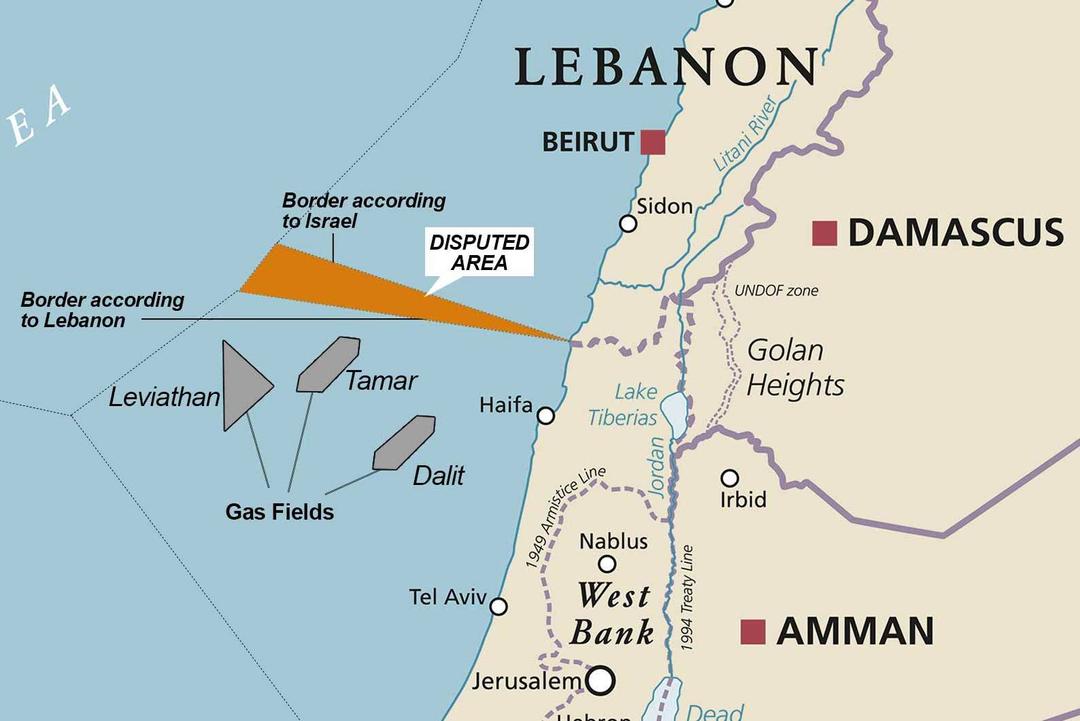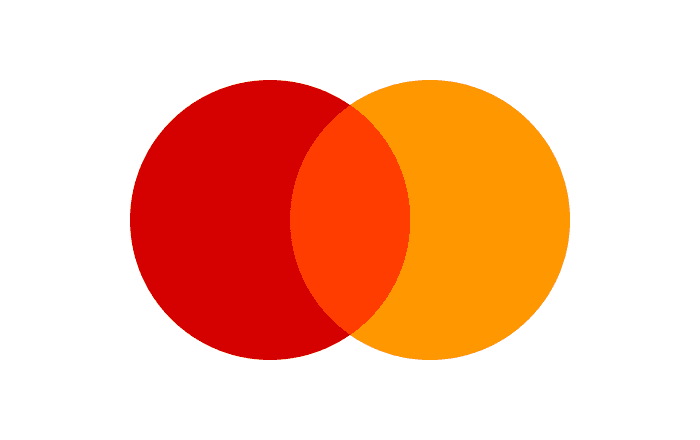Lebanon and Israel held the first round of indirect negotiations over their disputed maritime borders last Wednesday (14/10/20).
A short session was held at the UNIFIL headquarters in Naqoura, in the presence of US Assistant Secretary of State for Near Eastern Affairs David Schenker and US Ambassador to Algeria John Desrocher, who will be mediating the talks between the two countries.
The Lebanese delegation was headed by Deputy Chief of Staff of the Lebanese Armed Forces for Operations Brigadier General Pilot Bassam Yassin.
Brigadier General Yassin said that the meeting represents the first step of a long journey to demarcate the Lebanese southern maritime borders, and that Lebanon will seek to achieve this within a reasonable timeframe.
In turn, US Secretary of State Mike Pompeo has described the decision to go ahead with the talks as historic.
The start of the indirect negotiations was viewed as a positive sign to International Oil Companies (IOCs) who have already been awarded several blocks in the disputed area, without the possibility of conducting exploratory work.
Note that Blocks 4 and 9 were licensed in 2017 to a consortium formed by Total, ENI and Novatek.
Reaching a peaceful agreement according to International Laws will push those IOCs to relaunch their exploration planning and identify the entities with which they are working, as no agreement can become internationally recognized without being ratified by the United Nations.
The negotiation process will have to put Israel's licensing round for Alon D in Block 72 on hold, until a potential agreement with Lebanon is reached.
This licensing round had been launched in July 2020 and results were expected to be announced in October.
Sources close to the situation say that if Lebanon were to insist on including the full 871 sq km disputed area in its exclusive economic zone (EEZ), Lebanon’s southern border would reach Alon D, which would have to be shared by both countries.
On the other hand, once an agreement is reached, Lebanon would be able to launch its second licensing round for the offshore blocks 1,2,5,8 and 10, which was postponed earlier in 2020 until further notice.
This would attract IOCs, who would then be able to submit their bids, especially for block 8 and 10, without worrying about disputed boundaries.
The overall process would subsequently bring economic benefits to Lebanon, which is currently facing the worst financial and monetary crisis in decades.
Free

Friday, October 16, 2020
Lebanon: First round of border negotiations with Israelnote
Subscribe to Newsletter
Join 5,000+ Experts in Defense, Energy, and Government Sectors.


